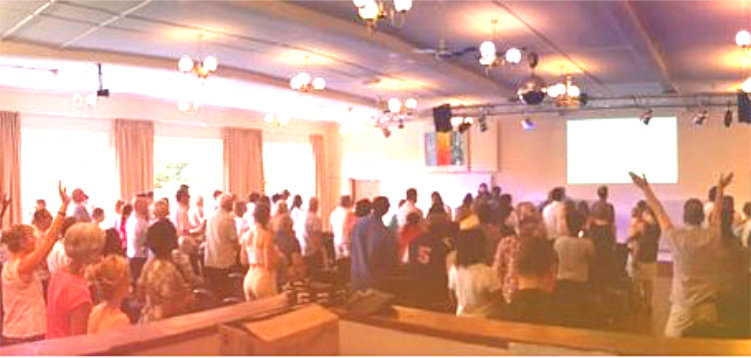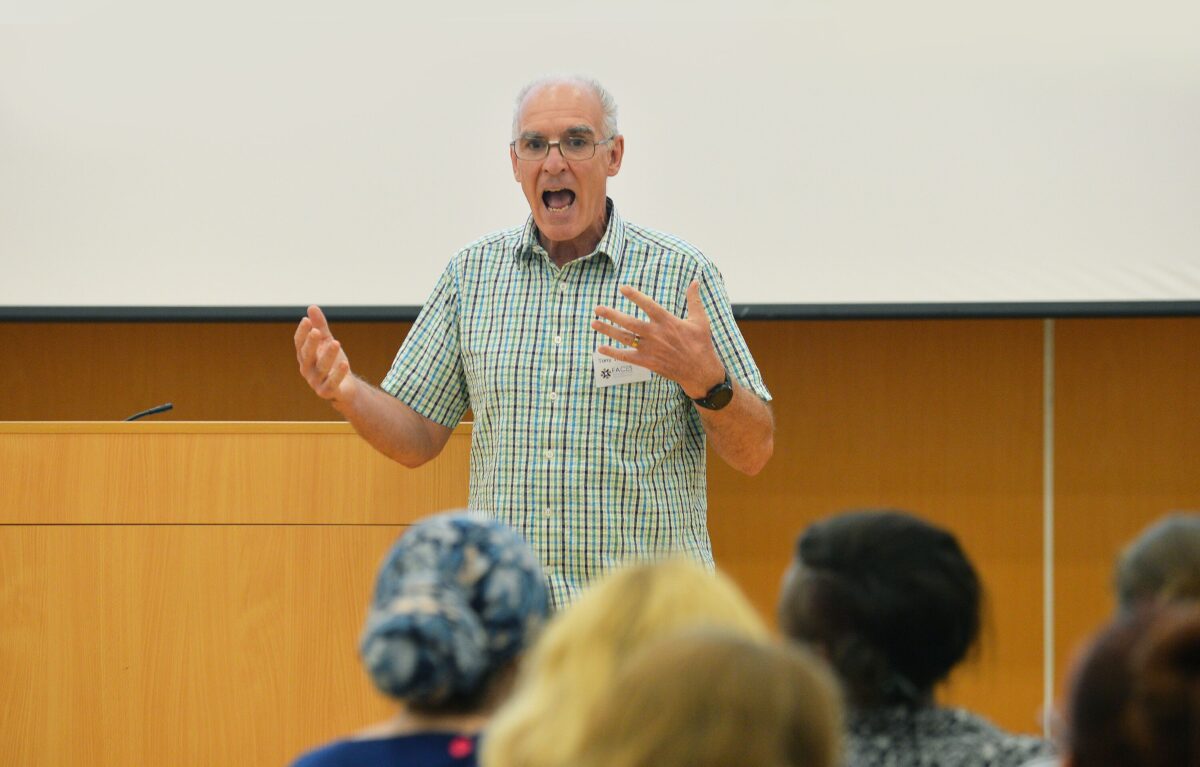Luton is my home town, which I left as an unbelieving teenager and returned as church leader when my wife and I arrived with a small group of friends 18 years ago, to plant Hope Church.
It’s taken me many years to even start to come to terms with what it means to lead a church in a multicultural town like Luton. Most students in our schools are Muslims; white British people are in the minority overall and their numbers are declining.
The nations keep arriving on our doorstep, which gives the church a unique opportunity, but also presents many challenges.
At first, our church-planting team was both naive and ill-equipped to rise to the challenge. We’re now in a much better position to respond, after many years of serving the community.
Membership and leadership are now only 50 per cent white British, with many Africans, Caribbeans, Asians, and other Europeans as part of the family. The other ministry leader alongside me is an Asian Christian woman. We also have a wide spread of people from across social classes, including the most powerless in society.
Learning how to build honouring relationships where we learn from each other’s cultures within the church, has given us tools that are essential to build relationships with those who are different from us outside the local church.
It’s enabled me to establish strong friendships and work together with other faith leaders from across the town, including leaders of mosques and black majority church leaders.

Building a church that values unity amid diversity has been key.
SIM UK’s intercultural mission training course has been a great help as we continue to grow in this area. The course creates an opportunity for myself and my team to grapple with the issues involved with others who seek the same end and to receive input from those further ahead on the journey.
We’ve learnt how deep-rooted prejudices are and how they’ve been established over multiple generations and can’t therefore be quickly uprooted.
During the training, we were supplied with a survey to help grasp where the leadership team felt the church was in relation to unity amid diversity and were then encouraged to do the same with a representative sample of those from ethnic minorities.
To our surprise, those from minority backgrounds thought we were doing better than the leadership team did!
We’ve come a long way, but we’re under no illusions about how far we still must go. The default is to be a church with a white, middle-class culture, which other cultures accommodate themselves to.
We want to move away from this, but we’re learning that it’s an ongoing challenge and one in which we need all the help we can get. It’s one that I believe is essential if we are to fully represent Christ in Luton.
It’s a challenge that more and more churches will face in the future, as the UK becomes more like Luton, and there seems to be a growing number of church leaders wanting to make this journey. I’m sure that SIM has a key part to play in this.
Contact [email protected] to discuss how SIM UK can help your church in this ministry and also for details of upcoming intercultural mission training courses.
Read more about the course, which is designed to help equip churches, Christian organisations and ministry networks to reach people across cultures with the good news of Jesus.
Please pray
- Give thanks for they unity and diversity of Hope Church.
- For UK church leaders to rise to the challenge of reaching their multicultural communities with the gospel.
- For SIM UK to help churches view this challenge as a unique opportunity.

